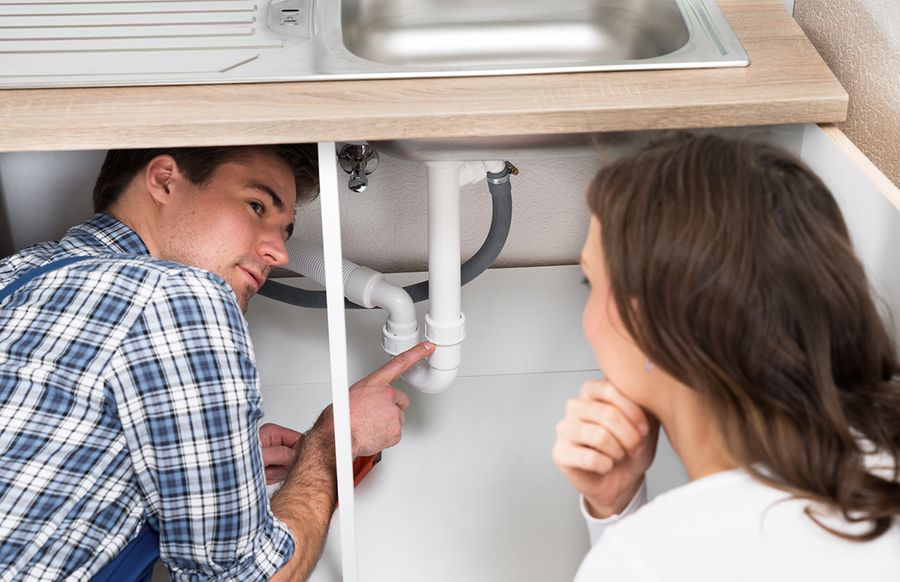Aina välillä kotona tulee LVI-järjestelmiin liittyviä pieniä epäkohtia, jotka voidaan korjata helposti kotikonstein. Olemme keränneet alle kolme yleistä ongelmaa, jotka voit ratkaista itse.
1. Vuotava hajulukko
Usein vuotava hajulukko johtuu sen väärästä asennuksesta. Lavuaari on saattanut aiemmin vetää huonosti, jolloin hajulukko on otettu irti, puhdistettu ja asennettu väärin takaisin. Jos näin on, asian voi korjata helposti pelkän ruuvimeisselin avulla. Irrota hajulukko ja varmista, ettei mikään osa ole vinossa. Tarkista myös, että tiiviste on oikeinpäin. Mikäli vaikeuksia ilmenee tai vuoto jatkuu oikeanlaisesta asennuksesta huolimatta, ole yhteydessä ammattilaiseen. Mikäli hajulukko on taas selkeästi huonokuntoinen tai iältään vanha, on se syytä vaihtaa uuteen.
2. Pattereiden ilmaus
Varsinkin vanhoissa lämpöpattereissa saattaa olla kylmiä kohtia. Tämä saattaa johtua siitä, että pattereiden sisään on päässyt ilmaa. Tällöin patterit pitää ilmata, eli poistaa ilma niiden sisältä. Pattereiden päässä sijaitsee ilmausruuvi. Käännä ruuvia varovasti ilmaisuavaimella vastapäivään – näin ilma pääsee vuotamaan ulos patterista. Pidä ruuvia käännettynä, kunnes ilman sijasta patterista alkaa vuotamaan vettä. Käännä ruuvi takaisin kiinni ja kuivaa vuotanut vesi esimerkiksi rätin avulla. Voit myös laittaa ruuvin alle astian, johon vesi valuu toimenpiteen aikana. Jos joudut ilmaamaan pattereita usein, kannattaa teettää lämpöverkon kuntokartoitus, joita LVIturva tarjoaa maksutta omakotitaloihin.
3. Lattiakaivon puhdistus
Kun lattiakaivo vetää huonosti, kannattaa viimeistään silloin puhdistaa se. Avaa kaivo ja ota hajulukko irti. Ota kaivosta hiukset ja roskat pois. Tämän lisäksi kaivon sisäosa kannattaa tämän lisäksi pestä kloriitilla astiaharjan avulla. Huuhtele puhdistuksen jälkeen lattiakaivo kylmällä vedellä. Älä missään nimessä käytä samaa harjaa astioiden pesuun. Suosittelemme käyttämään kumihanskoja koko toimenpiteen ajan.
Kun sormi menee suuhun
Jos ei ole varma siitä, mitä on tekemässä, on usein järkevää ottaa yhteyttä ammattilaiseen. Virheet LVI-asioissa voivat nimittäin olla kalliita. Usein ongelmien selvittämiseen tarvitaan myös kalustoa, jota vain ammattilaisilla on käytössään. Yksi esimerkki tästä on viemärikamera, jonka avulla voidaan tarkistaa viemärin kunto. Viemärin kuntokartoitus on syytä tehdä säännöllisesti varsinkin, jos putkisto on valurautaa. Viemärin kunnon selvittäminen on onneksi erityisen helppoa LVIturvan maksuttoman viemärikuvauksen avulla.


















































































